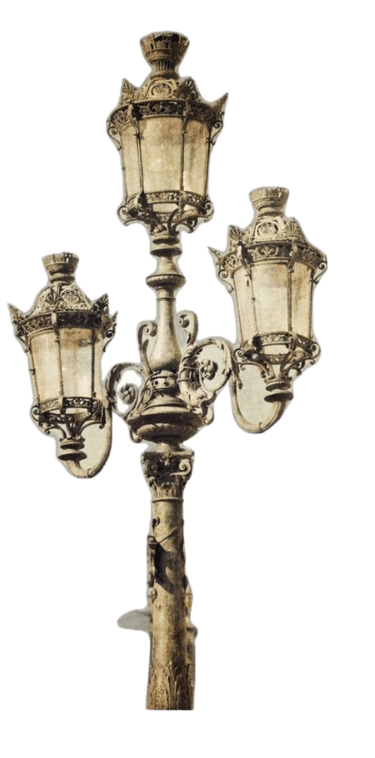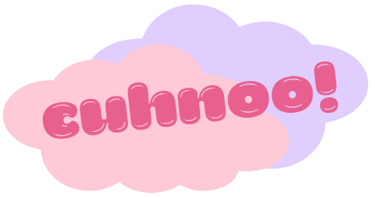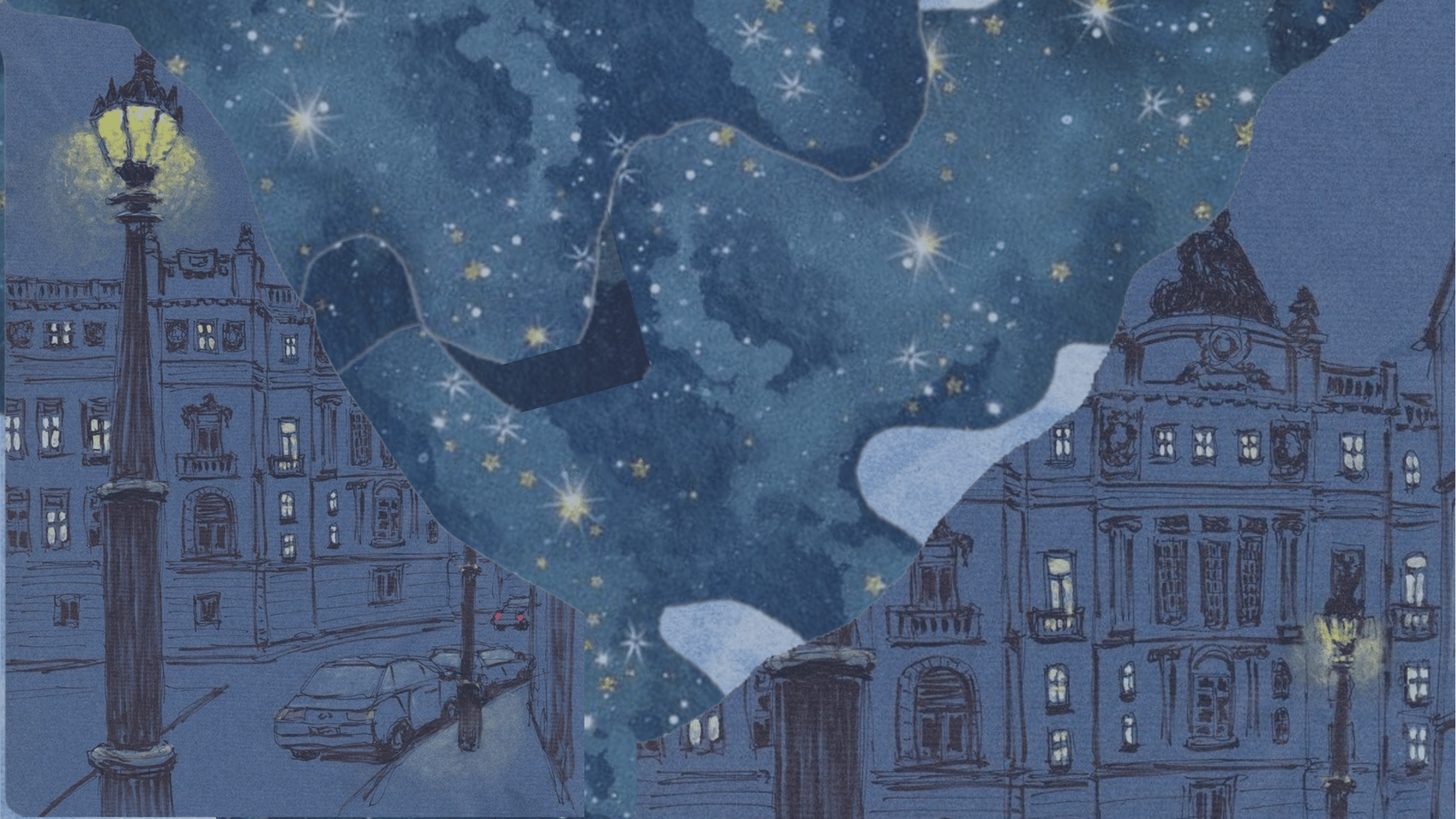
a day at the library with ursula k. le guin
reading "with no time to spare"
BOOKS AND READING
8/4/202513 min read
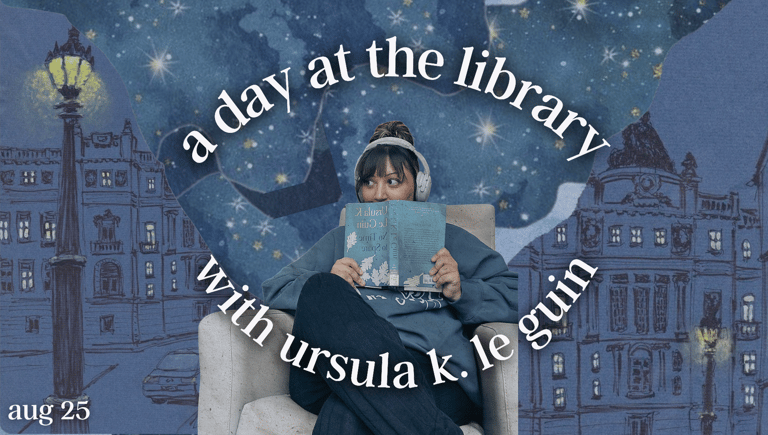

This past Sunday was rainy and a bit cooler out for Tennessee in early August, so I wanted to make the most of the environment and have a reading day! I planned to grab a book at my local public library, do a bit of reading, work on some images for my blog, and just have a chill day in a place that wasn't my office or living room.
But my local library was closed (as they all seem to be on Sundays in TN), so I instead went to the UTC library to check that out and see what it was like.
And what a lovely decision that was - it's a massive structure with TONS of seating space and opportunity to move around and explore. Plus, with it still being the summertime before classes start, it was nearly dead and had only a few other people floating around. The clerk was a bit dismissive when I asked her for a recommendation and basically just told me to check the popular sections to see if there's something I would like there. So I did - I went downstairs and explored a couple shelves before pulling out No Time to Spare by Ursula K. Le Guin. I had seen quotes by her on my Pinterest homepage, and heard her name throughout my college Women's and Gender Studies classes, but never actually read anything by her. What better time than now?
So I grabbed the book, made myself comfortable on one of the many chairs situated in front of the huge windows, and began to read - but I soon began to want to switch the day up a bit, and challenge myself to do something I hadn't for some time. I wanted to read a full book, all the way through, in one sitting. Which sounds silly, because I used to do this all the time. And I'm notorious for plowing through a 100,000 word fanfiction in one sitting without thinking. But a non-fiction, physical book that consisted of blog entries was not something I had picked up in a long while. I threw on a classical music Spotify playlist and committed myself for the next 5 hours to read this book until its completion, and I'm so happy I did. Below are some of the thoughts I had while I was reading - some are just fragments of whole thoughts, some are more my emotional reactions, and some are just to highlight words that I didn't know then (but do now).
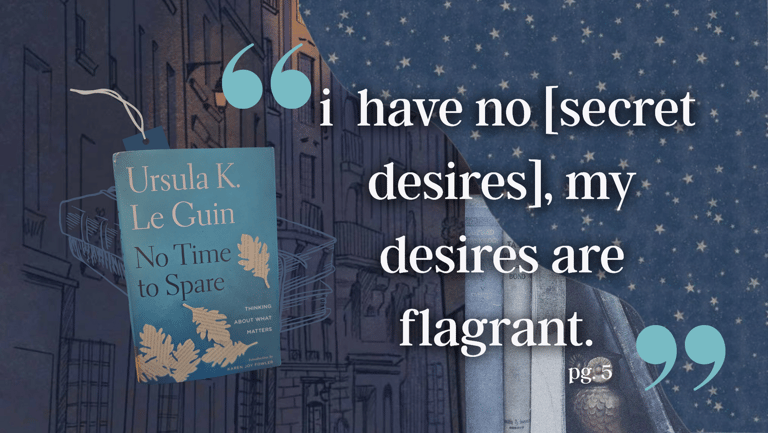

This was the first thing I read that really stood out to me and got me hooked - it was so early on, only page 5, but felt like one of those phrases that rang true to me. And a reminder, to maybe be even more flagrant in my desires.
In context, she was discussing age, and her answers to a questionnaire sent out by Columbia University for their older alumni. The question was "are you living your secret desires?" And after fielding 13 wildly invasive questions before this, she was floored by how odd it was, and said that quote. And after, she's confronted with a question that brought up questions about time - specifically, how she spends her spare time. And upon reflection, comes to the conclusion that she has none, as her hours are filled - filled with writing, shopping for groceries, exercising where she can, playing with her cat Pard, meeting friends, daydreaming. There's no spare time because there is no time to spare for a woman who, at the time of writing, was about to be 81 and was living as fully and well as she could. I hope that I can be that way when I'm old, too.
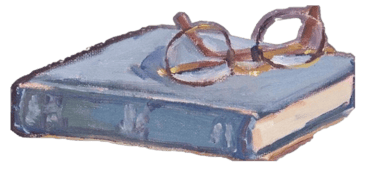

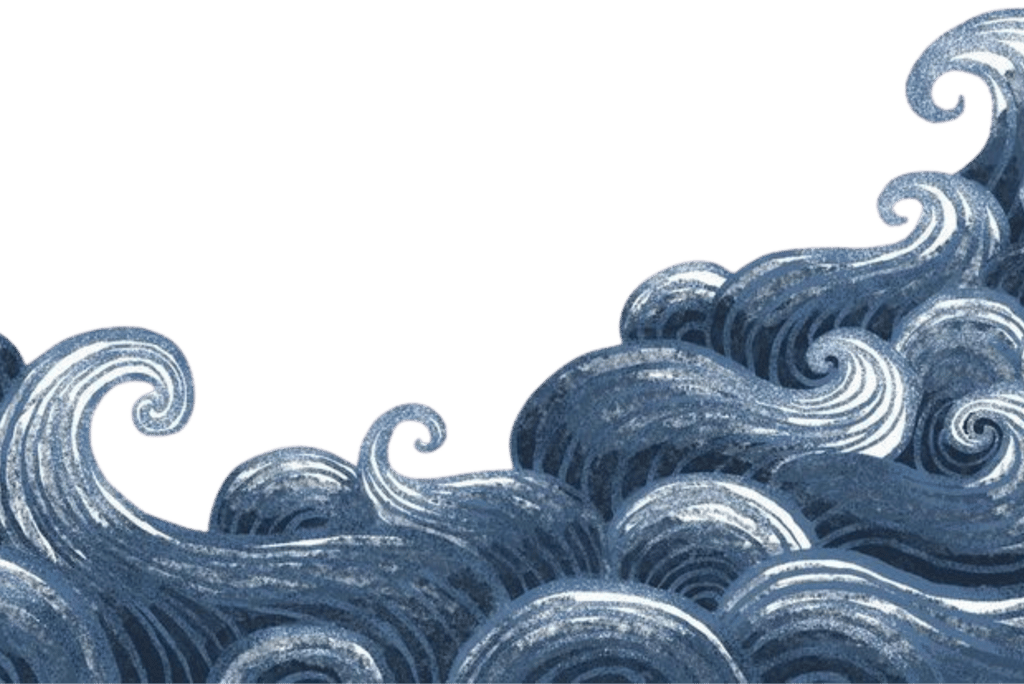

The next part that struck me was around page 46, on a section talking about receiving fanmail from children. She goes on to say that her favorite part was when they would send in their own stories and illustrations, and was so happy to see that they were "perfectly willing" to write a book - that they took pride in making a table of contents, a cover, a dedication, and writing chapter names - and very importantly, included a "The End" once they were done. She then says:
They should be proud. Their teacher is proud of them. I am proud of them. I hope their family is proud of them. To have written a book is a very cool thing, when you are six or eight or ten years old. It leads to other cool things, such as fearless reading. Why would anybody who’s written a book be afraid of reading one?
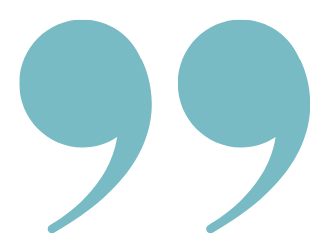
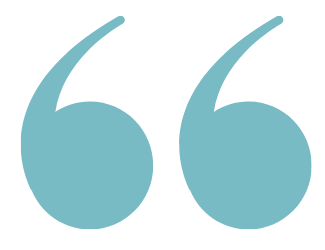
And I think of myself, of writing multi-chapter sagas of ninja cats in 3rd grade, of how I thought I was the shit then. And maybe I was, though no one at that time was able to appreciate it. But I do, now.
And maybe I'm colored with a bit of self-pity now, self-conscious with a chip on my shoulder, from years of realizing too late that I was more of an outcast than I had naively thought back then. Now, at least, I think I was cool, even if all the other kids my age thought I was weird and off-putting and too friendly, smiled too wide, and was loud and obnoxious at the time- even outside of me gloating about my writing.
But I was cool. I wish I knew that someone in the future would think I was cool too (even if that person was just me - an older, smarter, even cooler me). I think it would have saved me a bit of heartbreak over the years knowing that I was proud of me, as an adult.
Because I am, unfortunately, endlessly contemplative, I was very quickly stuck again on page 49. This section was about the "have your cake and eat it too" proverb, and how Ursula puzzled over it for years, thinking semi-seriously that there must be something wrong with her if everyone else understood it just fine and she didn't. And her doggedness in attempting to understand underlined a thought I've had for some time now - that I might be letting too much pass me by.
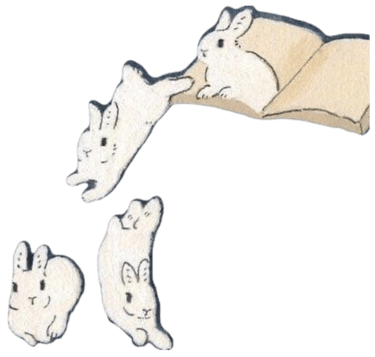

Thinking feels like it's too hard and too much sometimes, especially because I have to think for work and for dinner and for plans with friends and family, and for the world and news and politics and environment and war and enslavement and suffering and Jesus Christ I can't think that fucking much.
But yes I can. And I should. And I used to. And I was good at it, and enjoyed it thoroughly. I lost my "spark" when I left the realm of academia, but I'm hoping to rekindle it by reading books like this.
When hearing that phrase, I honestly didn't pay too much mind to it. Yes, it didn't make sense, but the Unabomber thought the same thing, and look where that got him. So I was content to just not dwell on it and just accept that it was a weird phrase.
But I think that my contentedness and proclivity to not try to understand is indicative of a larger issue with me - I've become far too complacent and... not unwilling, but unmotivated to think very hard about much at all.
Page 83 relates back to this one too for me - Ursula is discussing fantasy, and its importance, raising the question of "Why are things as they are? Must they be as they are? What might they be like if they were otherwise?" And while I absolutely agree, I fear that I may have gone a step too far and allowed myself to sink into the warm blanket of fantastical unfamiliarity too long - it's now far too difficult to get back up and face reality.
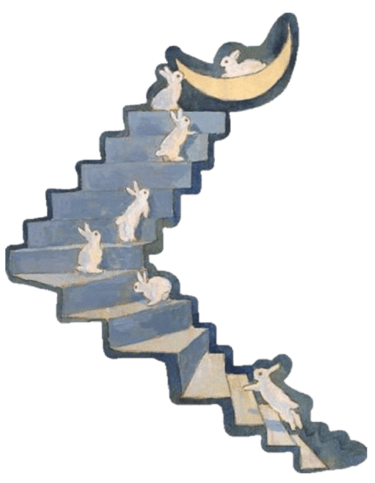

I think this is the crux of my self-permitted brainrot - it began with a drive for escapism, but has now become a nasty habit. Pretty smut and useless tropey romantasy, drivel for my distended mind to dribble over. I'm bloated with kombucha fairy tales, sweet and fermented and feeding on itself without much substance.
I'd like to lean into more writings like this to wring out my sodden mind and flex the muscles that have turned into a shriveled heap. Un-smoothening my brain. Which isn't to say that I'll move away from it completely (a world without daydreaming is a world I cannot live, let alone thrive in), but more that I'll try to balance it a bit better with other things. All things in moderation, and all.
(which is a lesson that never truly stuck for me, despite one of my favorite childhood books being chocolate fever, a story about a boy who has too much chocolate, and wouldn't you know it, gets sick from it.)
Thinking feels like it's too hard and too much sometimes, especially because I have to think for work and for dinner and for plans with friends and family, and for the world and news and politics and environment and war and enslavement and suffering and Jesus Christ I can't think that fucking much.
But yes I can. And I should. And I used to. And I was good at it, and enjoyed it thoroughly. I lost my "spark" when I left the realm of academia, but I'm hoping to rekindle it by reading books like this.
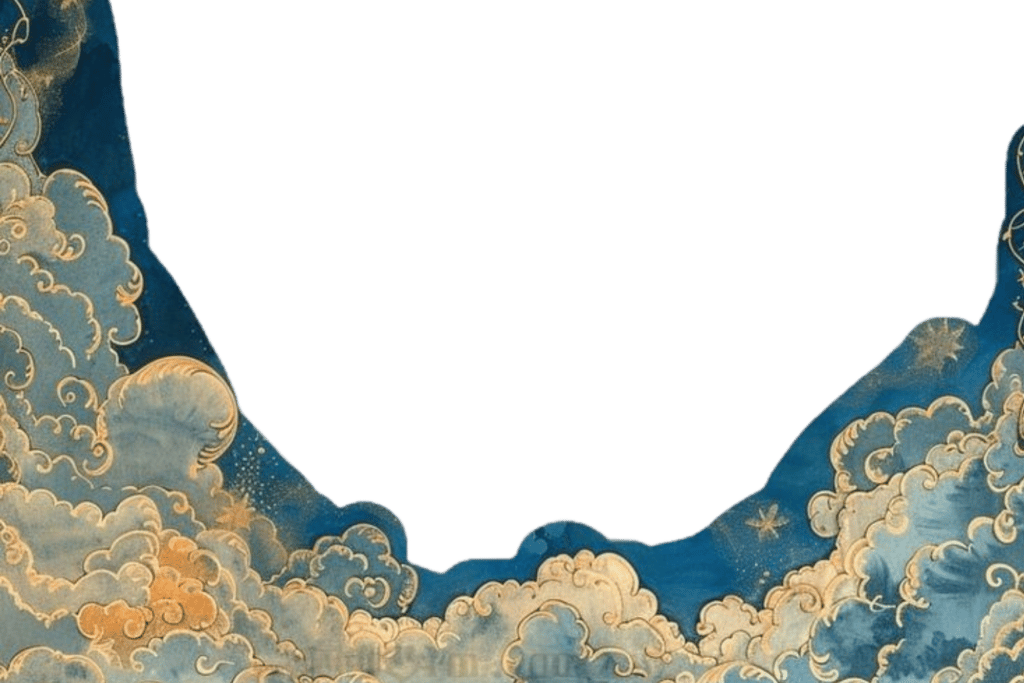

Page 116 both hurt me and pissed me off in equal measure. The chapter, called "Nôtre-Dame de la Faim", was beautifully structured - describing a cathedral with tall ceilings and blonde wood and towering doors, with administrative buildings oddly toward the front, and people riding wheeled equipment as they moved about - it's only as she provides more detail that it becomes clear it's not a cathedral at all. She's describing a food warehouse for charity, and how smoothly their operation runs.
And toward the end she says that there are plenty of people who need the assistance - namely, anywhere there are children. And says the following, which made my heart break a little at the reminder:
"Many school-age children in our country, towns, and cities don’t get three meals a day, or even two. Many aren’t always sure if they’ll get anything to eat today at all. How many? About a third of them. One child in three. Put it this way: If you or I were a statistic-parent with three statistic-
kids in school, one of our three children would be hungry. Malnourished. Hungry in the morning, hungry at night.
The kind of hungry that makes a child feel cold all the time. Makes a child stupid. Makes a child
sick. Which one of our children . . . which child . . . ?"
Did you know that there is a massive storage of cheese underground in the US? It's in Missouri. Hundreds of thousands of pounds of cheese, just being kept by the government underground and relatively under wraps in old limestone mines. Why, you ask? An overcorrection in the late 70's, where there was a dairy shortage, and the government swooped in to try and fix it by dumping money into the industry, thus motivating the dairy farmers to produce more and more cheese. And motivated they were - so motivated, in fact, that by the early 80's, the government had more cheese on their hands than they knew what to do with.
In a surprisingly altruistic move for a small-dicked, useless, rotten man as Ronald Reagan, he put initiatives in place to distribute the cheese to food banks, community centers, and similar organizations via the Temporary Emergency Food Assistance Program (TEFAP). Known as "government cheese", it was a genuinely helpful system for the US that both helped regular people gain access to additional food and prevented the government from bleeding out cheesy money.
And while it would be nice to think that the government continues to do this... I think we all know that they do not. Especially in these times, where funding for food banks is being cut each day. While the program still exists, it's a shell of a shadow of what it used to be.
Instead, we continuously dump money into a waning industry, as more studies come out about the unhealthiness of overconsuming cheese, as alternative milks become more readily available, as more of the population becomes lactose intolerant. And this, of course, leads to even more cheese. And while the dairy lobbyists shake hands with their equally greasy political allies, children in need go hungry.
In the spirit of sharing some not-so-fun facts, did you know that it is possible to be so malnourished that you are unable to cry? That your body is so exhausted from running on fumes and dehydrated that you cannot even muster tears?
Did you know that hospitals in Gaza, filled with children, are described as being "scarily silent"?
Did you know that the US wastes 92 billion pounds of food annually?
All while children fucking starve.

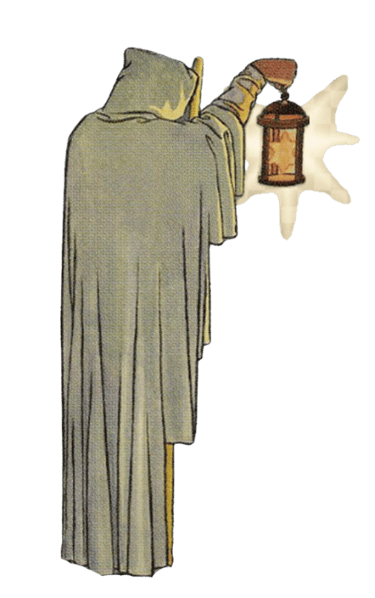


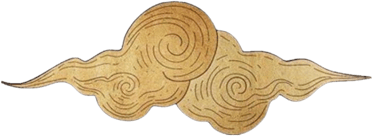
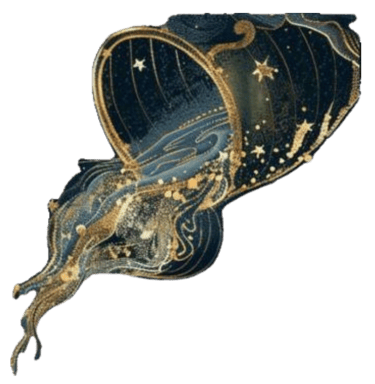

The kind of hungry that makes a child feel cold all the time. Makes a child stupid. Makes a child sick.
Which one of our children . . . which child . . . ?"


As I neared the end of the book, I began to feel my mind wander. The chair was now a bit uncomfortable, I should shift to put my legs over the side of the chair, someone walked by behind me and their shoes squeaked like a clown with every step, I wonder what I should make for dinner? And I found myself rereading parts over and over to actually understand it. And it was... not dull, but not really engaging either. The chapter I was stuck on was called "Without Egg", though it was anything but - it was about an egg she'd had in Vienna, and how eating it (soft boiled, scooped with a small spoon, fat side of the egg secured in the egg cup) became a ritual for her each morning thereafter, ceremonial in its specificity of procedure.
And as I began to lose myself to those passing thoughts, I realized that THIS was the point of doing this in the first place and coming to the library to read. To force myself to focus on something, one thing, without major distraction, for an entire book's length. And here I was, getting distracted... but Ursula called me out on it exactly when I needed. It felt like having someone clap in my face when I was zoned out. She wrote, "It may be apparent by now that this whole blog is a subtle blow against double-tasking, and a paean to doing one singular thing with, as the bible puts it, 'all they might; for there is no work, nor device, nor knowledge, nor wisdom, in the grave, whither thou goest.'"
I got called out for not paying attention about the egg story... rightfully so. And so I returned to my reading, with a new sense of focus and determination to finish.
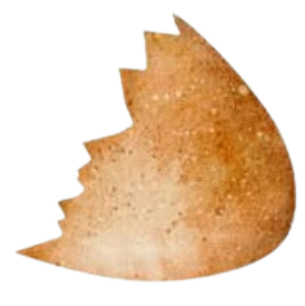
I got called out for not paying attention about the egg story... rightfully so.
As I neared the end of the book, I began to feel my mind wander. The chair was now a bit uncomfortable, I should shift to put my legs over the side of the chair, someone walked by behind me and their shoes squeaked like a clown with every step, I wonder what I should make for dinner? And I found myself rereading parts over and over to actually understand it. And it was... not dull, but not really engaging either. The chapter I was stuck on was called "Without Egg", though it was anything but - it was about an egg she'd had in Vienna, and how eating it (soft boiled, scooped with a small spoon, fat side of the egg secured in the egg cup) became a ritual for her each morning thereafter, ceremonial in its specificity of procedure.
And as I began to lose myself to those passing thoughts, I realized that THIS was the point of doing this in the first place and coming to the library to read. To force myself to focus on something, one thing, without major distraction, for an entire book's length. And here I was, getting distracted... but Ursula called me out on it exactly when I needed. It felt like having someone clap in my face when I was zoned out. She wrote, "It may be apparent by now that this whole blog is a subtle blow against double-tasking, and a paean to doing one singular thing with, as the bible puts it, 'all they might; for there is no work, nor device, nor knowledge, nor wisdom, in the grave, whither thou goest.'"
And so I returned to my reading, with a new sense of focus and determination to finish.
The last few pages, nestled in a chapter titled "Notes from a Week at a Ranch in the Oregon High Desert", feel reverent - a deep appreciation for nature drips from each paragraph, and I can see what she's seeing too. I can see the cows graze in the open fields set before her in a long expanse of valley, feel warmth on my chin, then cheeks, then forehead as the sun rises above the proud columns of basalt, the light casting neon colors beneath my eyelids too. I can see the birds cascade and weave through the air, ducking beneath a tree for cover, then returning to the skies in a synchronized dance. I can feel the relief of the trees as night settles and they take a deep breath, tired from the day too.
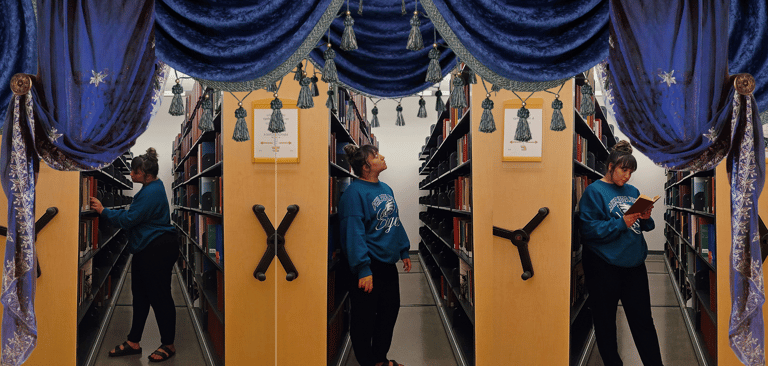



It's a pretty, peaceful end to a wonderful book. It was published in 2017, a year before she passed, and I think a great reflection of her, and what she thought in her later years truly mattered. Children and their joy, what we can take from them and teach and the perspective we gain as we age; our future on this planet, how to understand our anger and know when to use it and let it go, how to balance our femininity and yin to match (and build our own spaces to) the masculine yang; and beauty of people, of nature, of taking time to enjoy things thoroughly and without distraction, the repetition of things that never lose their novelty or joy, like a sunset or an extra-soft boiled egg for breakfast.
I'm happy that this is the book I picked to start my retraining. And I'm excited to read and learn more.
-C 💖
